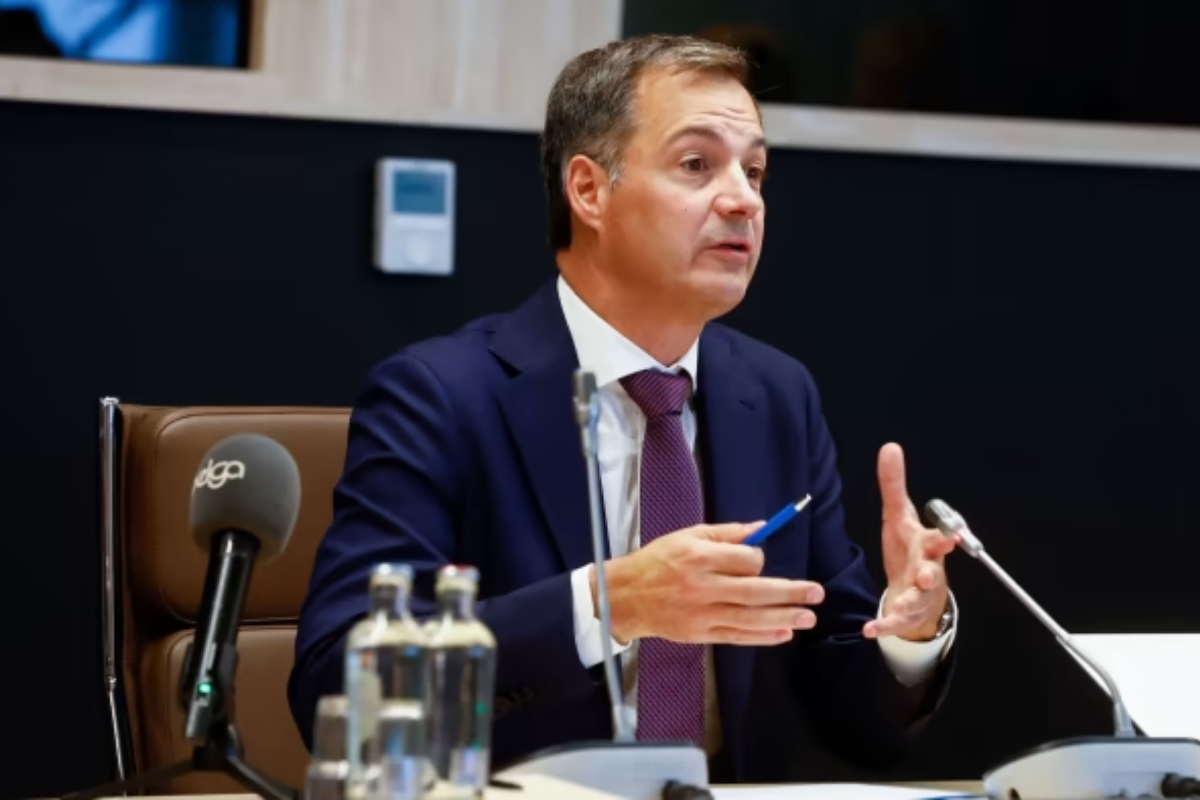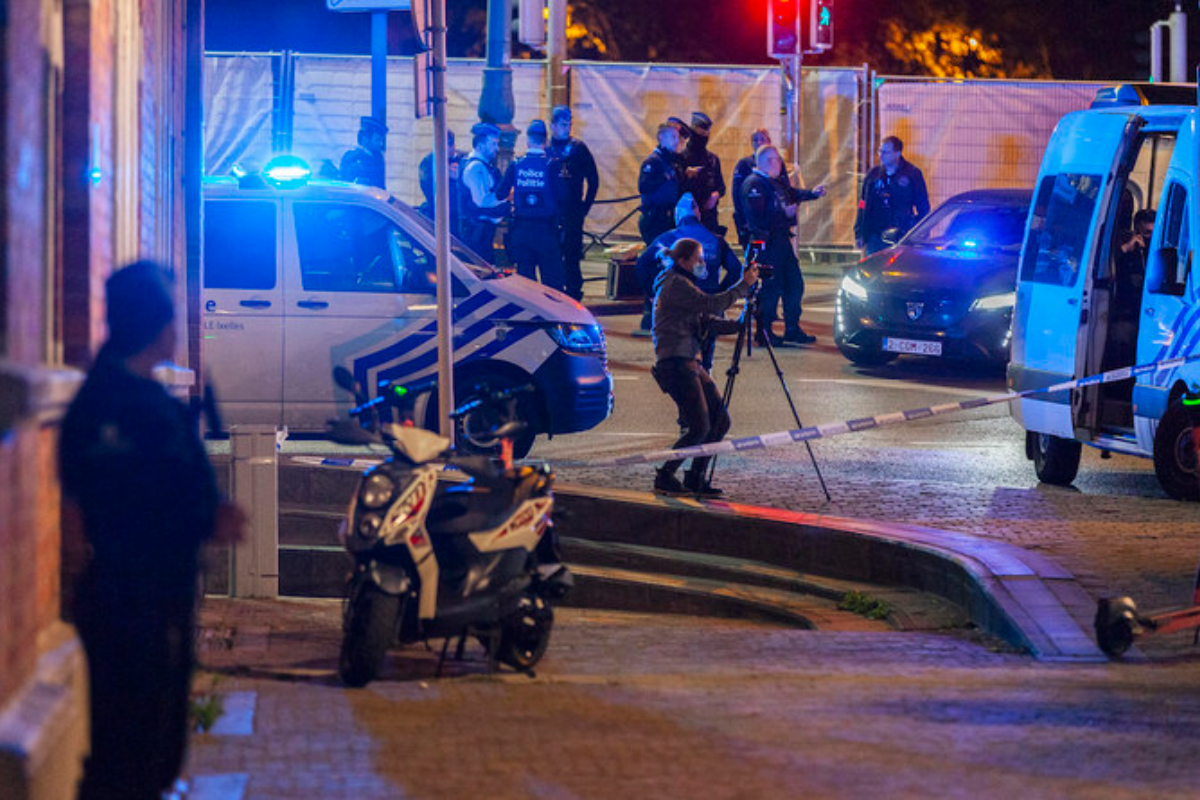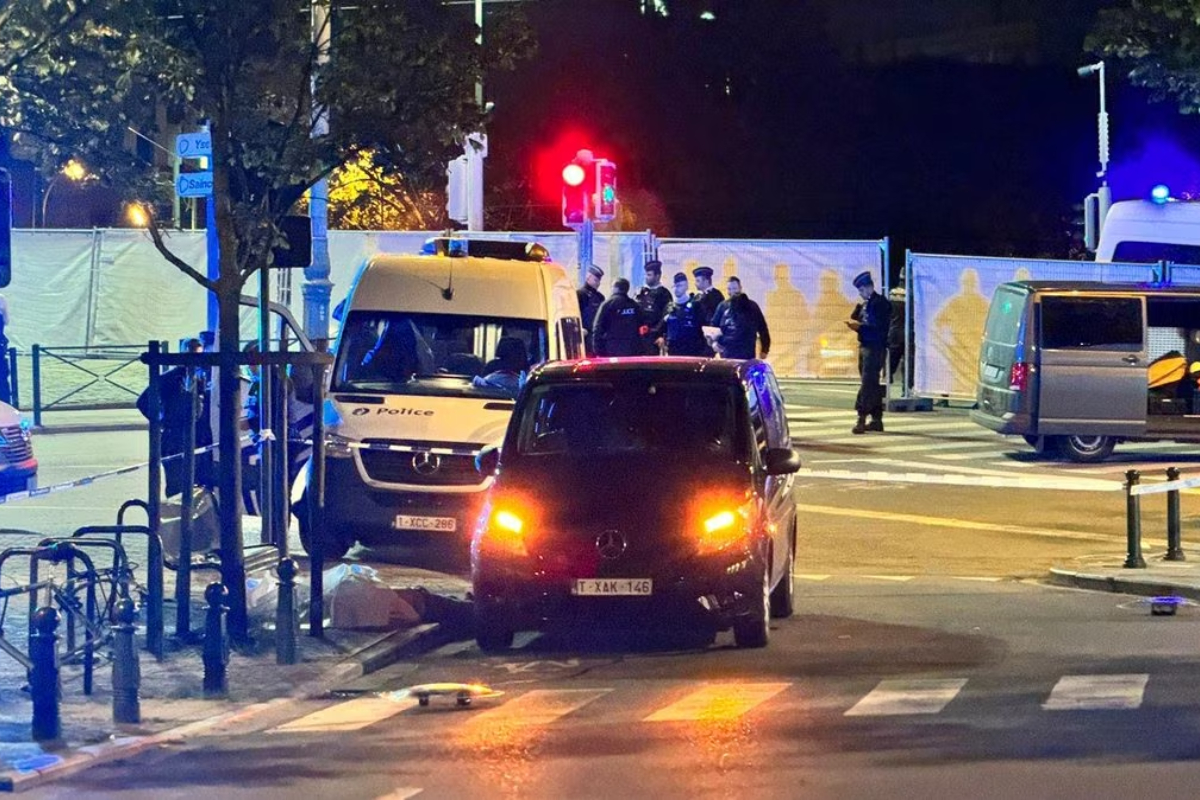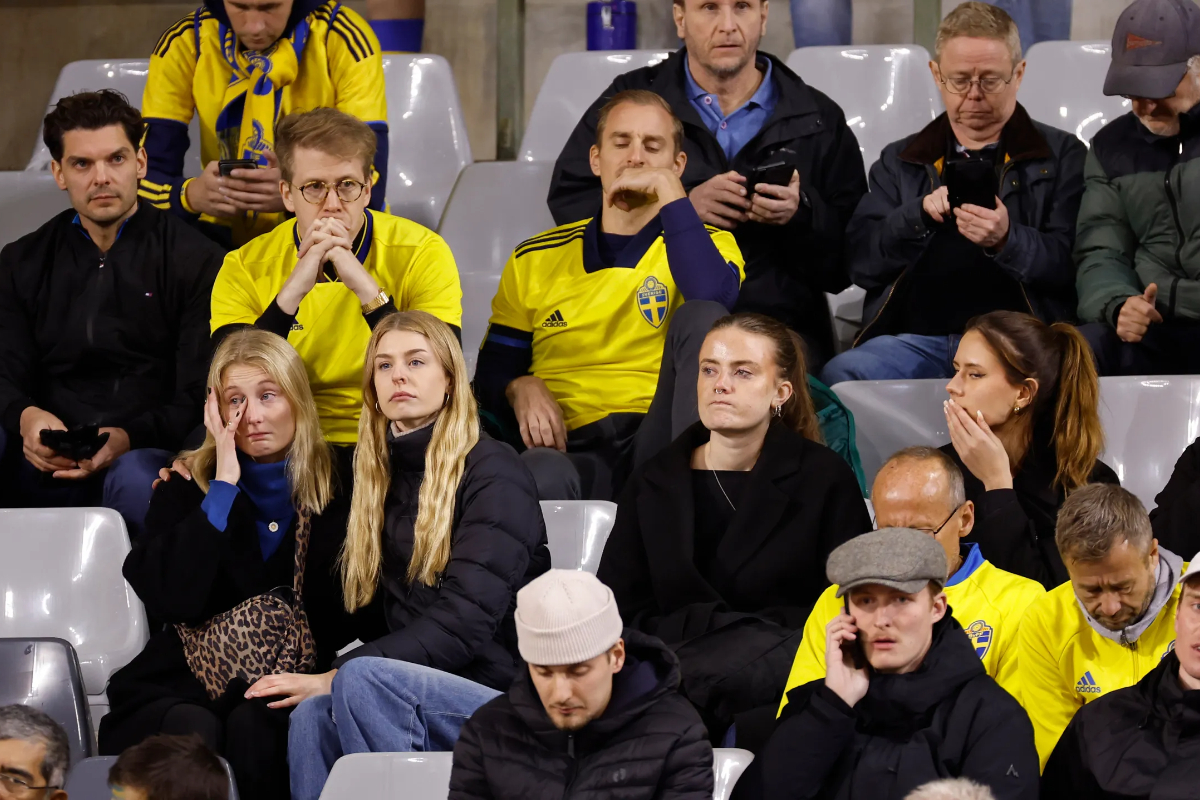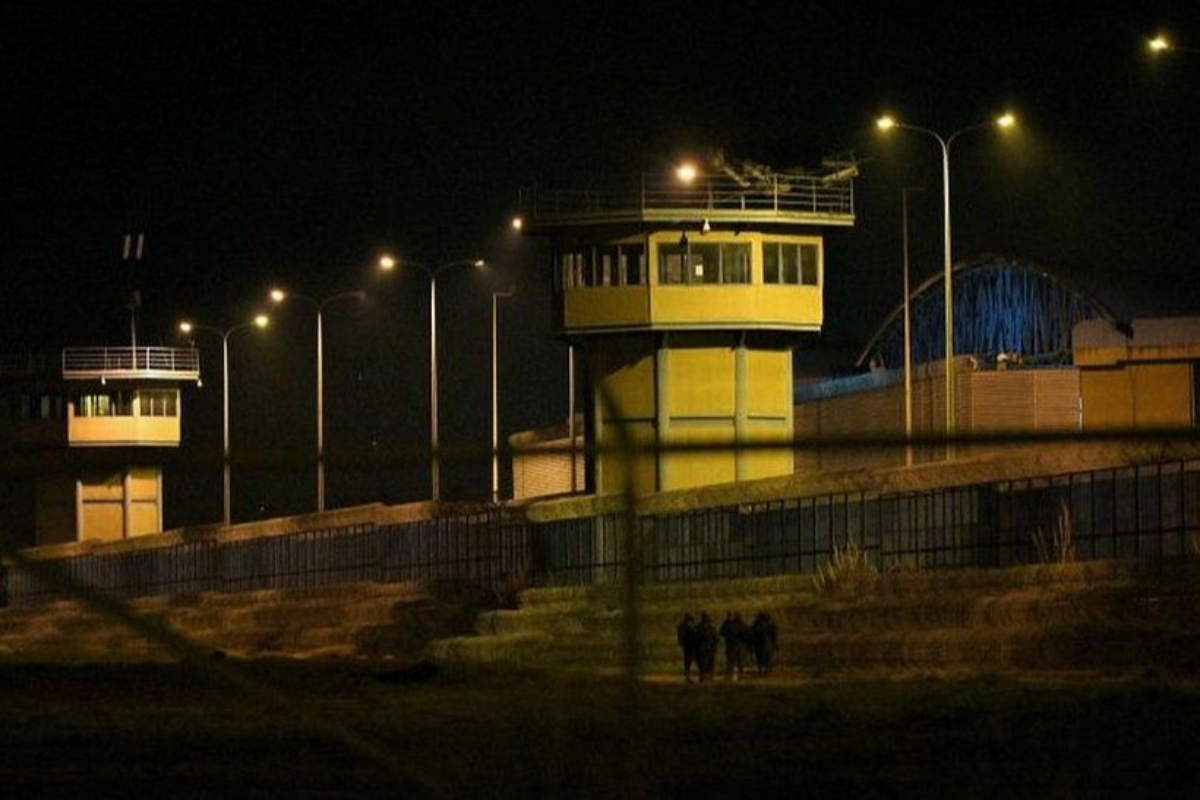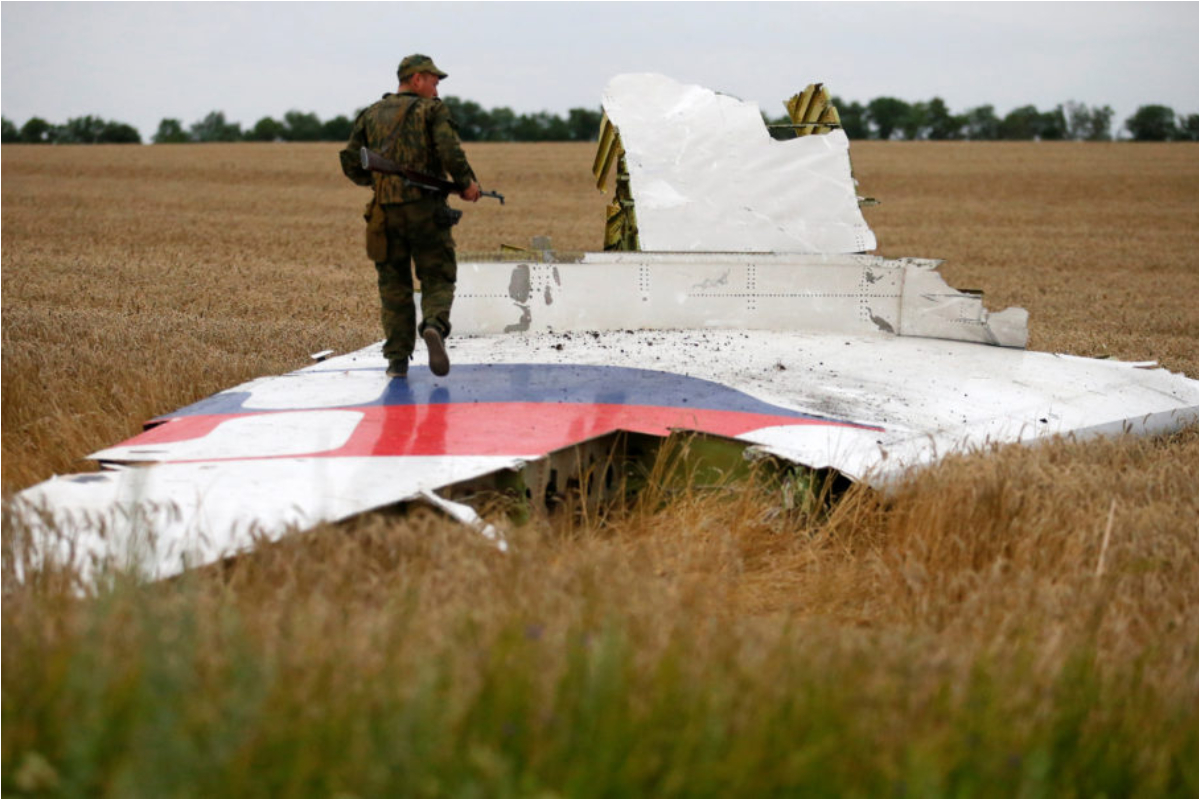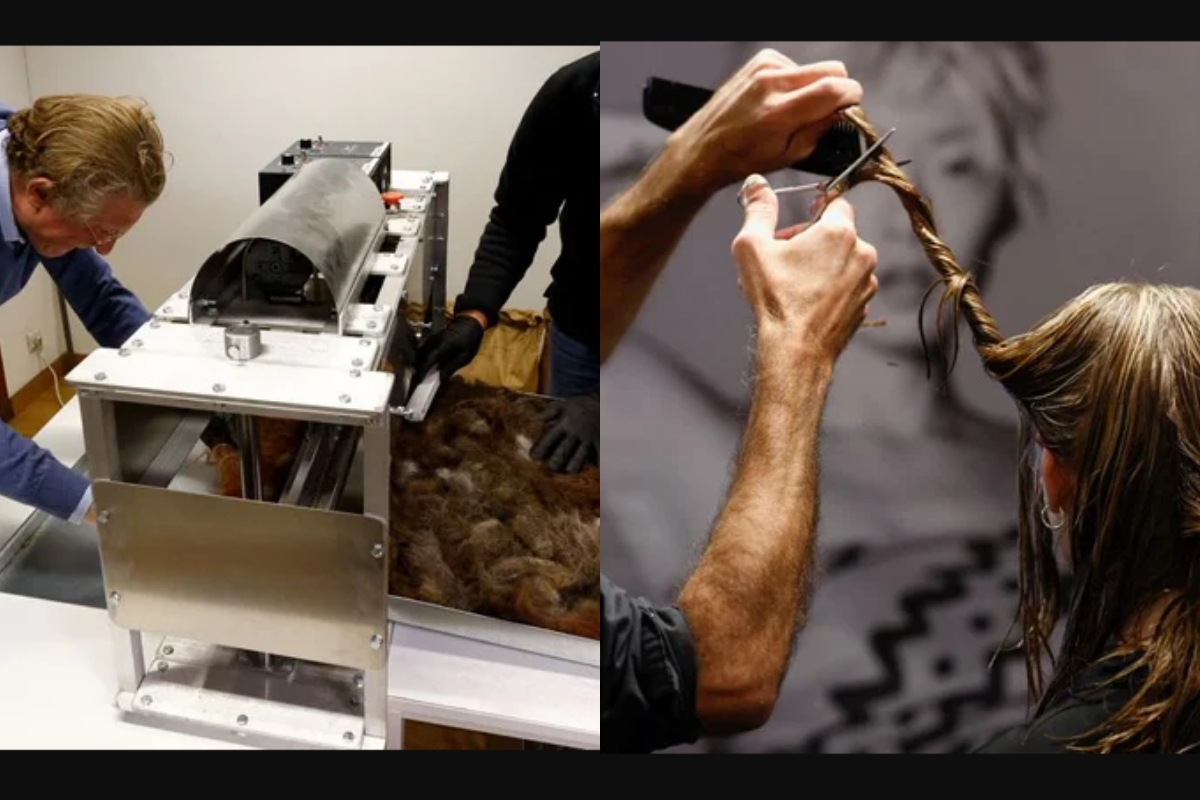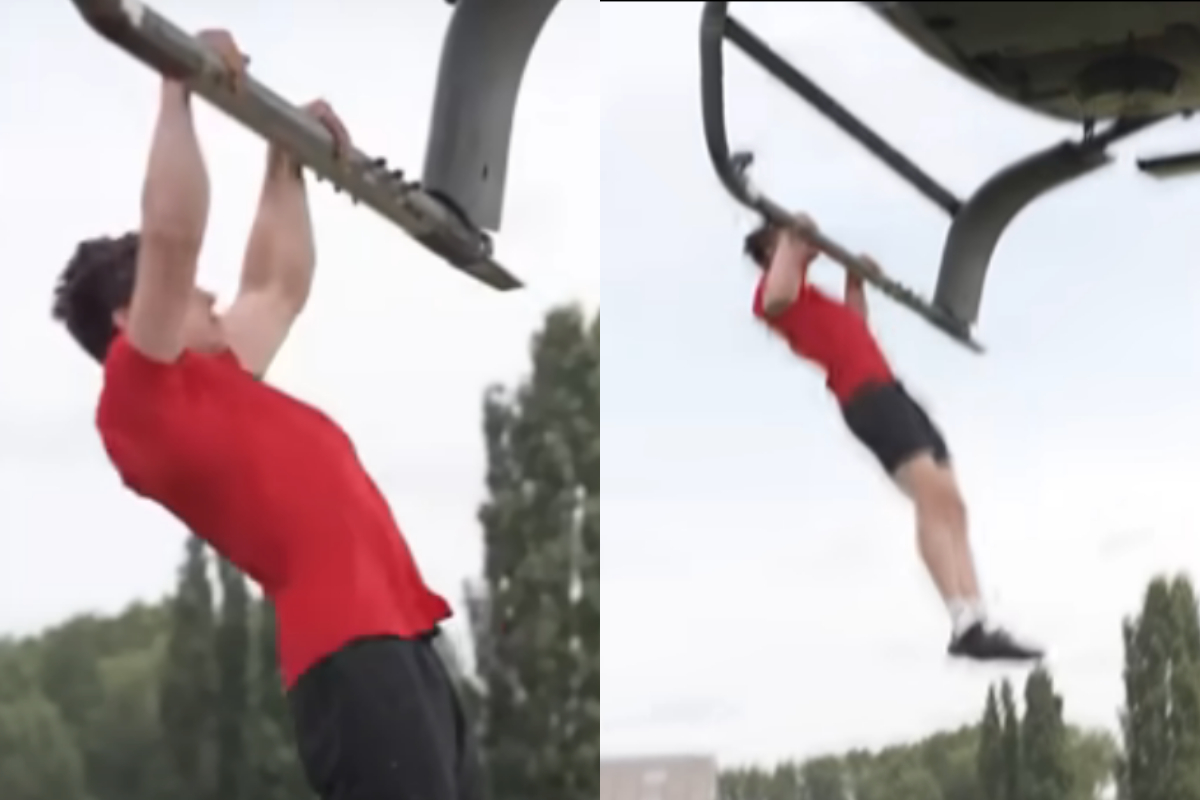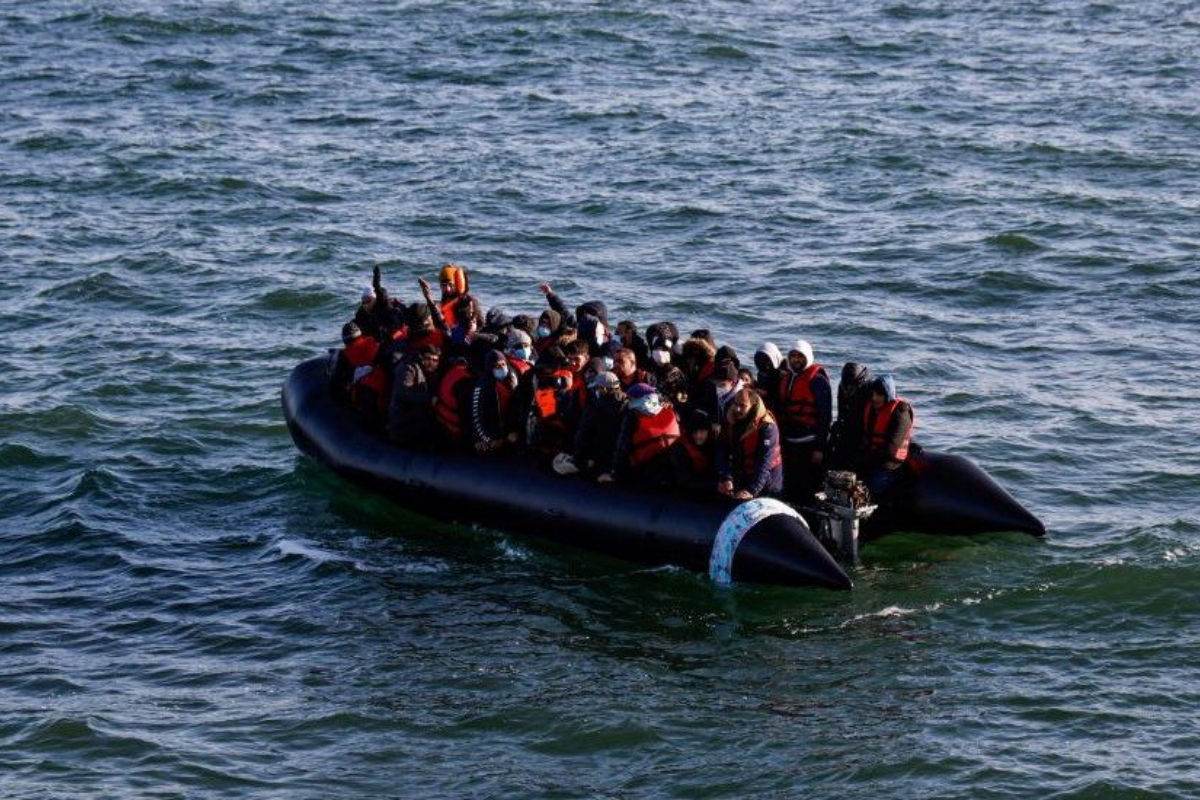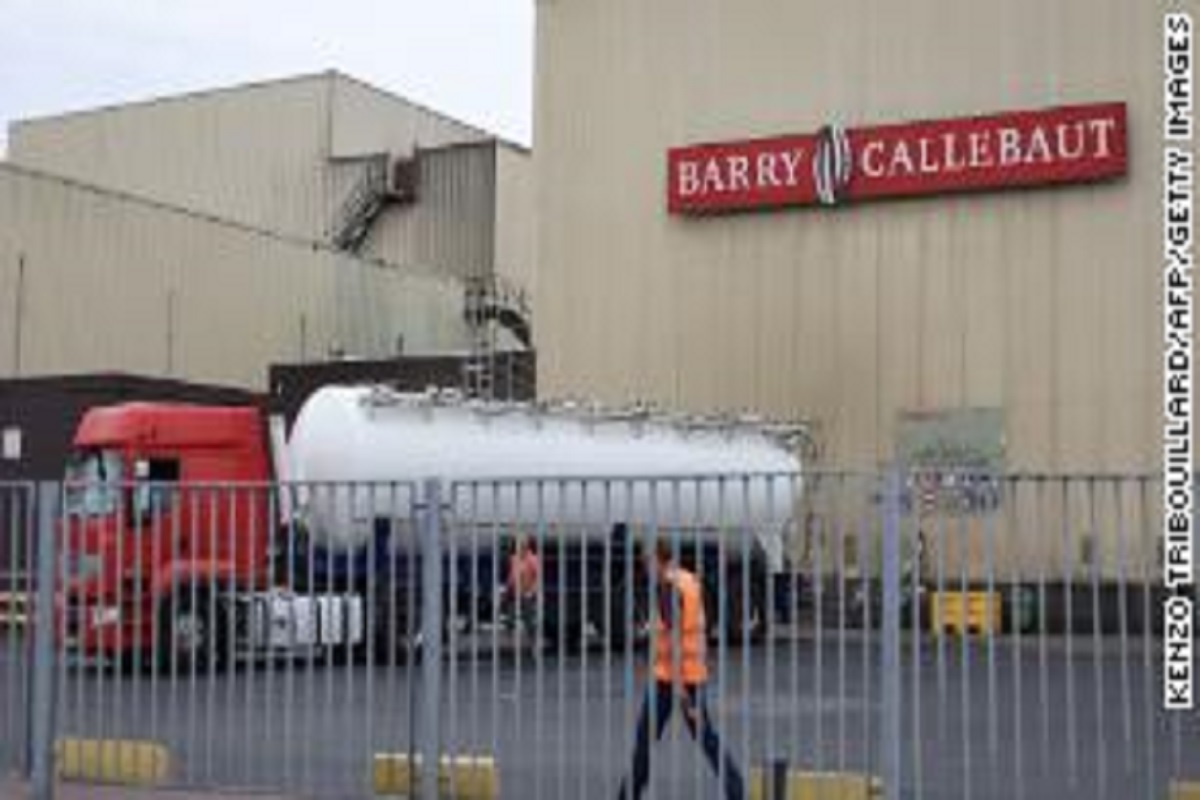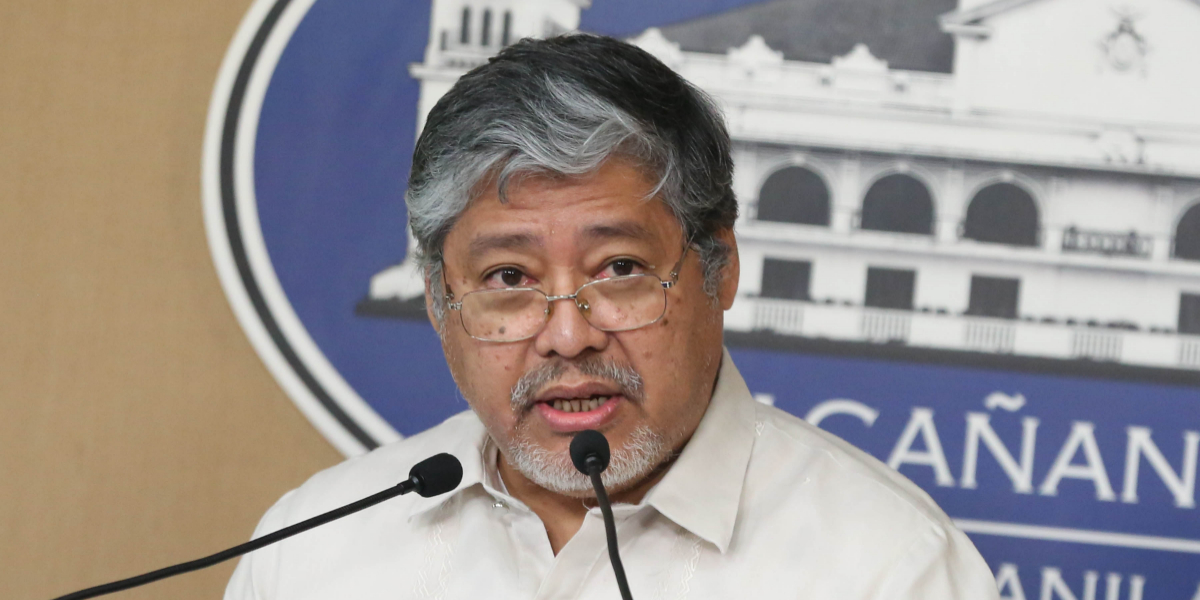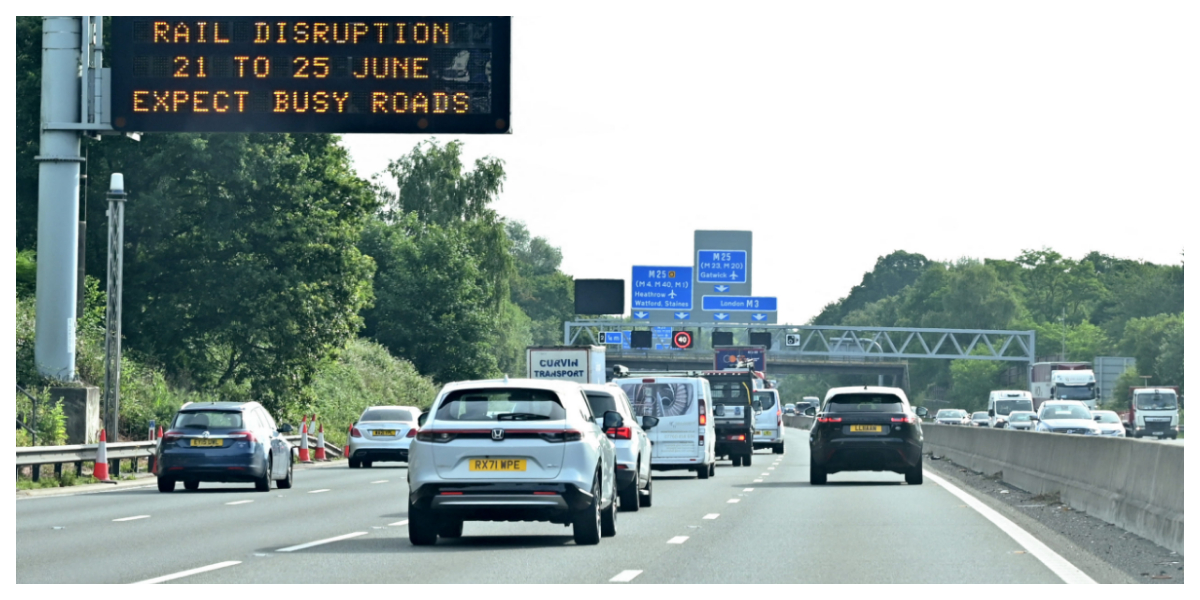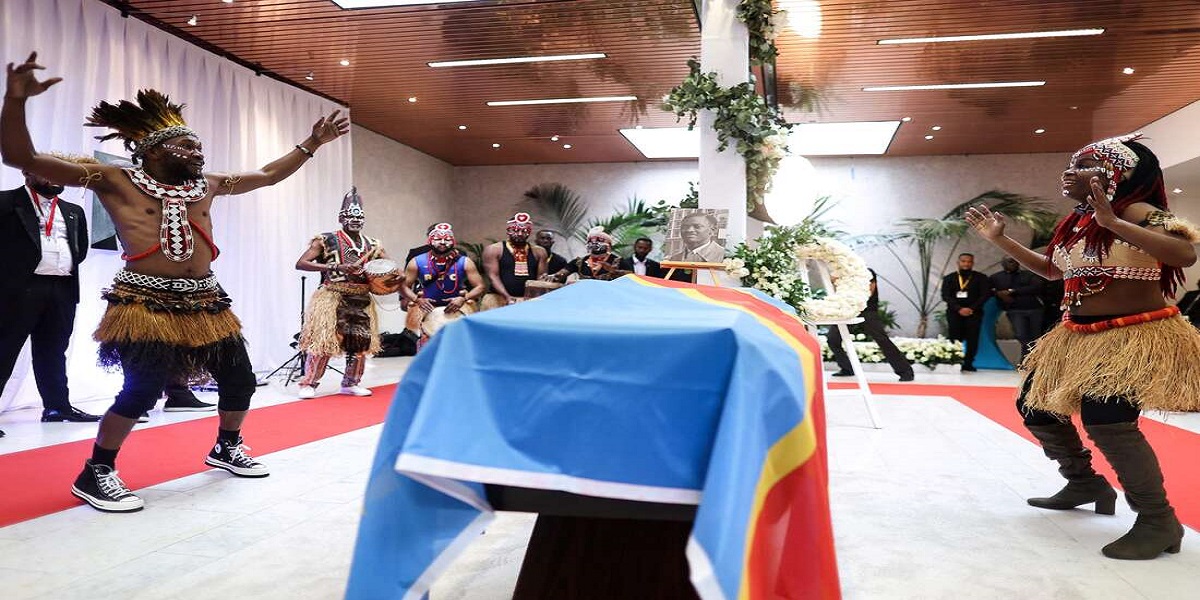- Covid-19 is primarily transmitted through the air. It is carried in large droplets or fine aerosols when an infected person breathes.
- In a closed-off or poorly ventilated room, these aerosols can remain in the air for some time.
- Belgium has announced a plan to have a carbon dioxide meter situated in all places open to the public.
The world is still not using one of its most effective weapons against Covid: properly mass ventilating public spaces, Experts warn that more than two years into the pandemic,
According to Antoine Flahault, director of the Institute of Global Health at the University of Geneva, there is currently a “fragile, armed peace” with Covid-19.
“In the hopes of stemming the tide of the pandemic and reducing mortality, we need to reduce the level of contamination, which the vaccine cannot do alone,” he told AFP.
“We need a new phase — improving the quality of indoor air.”
Covid-19 is primarily transmitted through the air. It is carried in large droplets or fine aerosols when an infected person breathes — and even more so when they talk, sing or shout.
In a closed off or poorly ventilated room, these aerosols can remain in the air for some time, moving around the space and greatly increasing the risk of infection.
While it is generally accepted that Covid can be transmitted within two metres (6.5 feet) via both droplets and aerosols, there is still no consensus on the importance of long-distance airborne transmission indoors.
A team of researchers from the UK Health Security Agency and the University of Bristol reviewed 18 studies in several countries on airborne transmission.
In research published in the BMJ this week, they found that people can infect each other when they are more than two metres apart.
We know one thing for sure: if you open a window, or well-ventilate a space, the virus-carrying aerosols dissipate like smoke.
But experts say that nowhere near enough is being done to ventilate public and private spaces across the world.
“On the whole, this is an issue that governments have not yet taken up,” Flahault said.
He called for massively increased funding to ventilate many public spaces, starting with schools, hospitals, public transport, offices, bars and restaurants.
“Just as we knew to filter and treat drinking water” in homes at the beginning of the 1900s, “one can imagine some households will equip themselves with air purifiers and consider opening their windows,” Flahault said.
[embedpost slug=”covid-19-pakistan-stands-at-4-47-positivity-with-818-new-cases/”]




